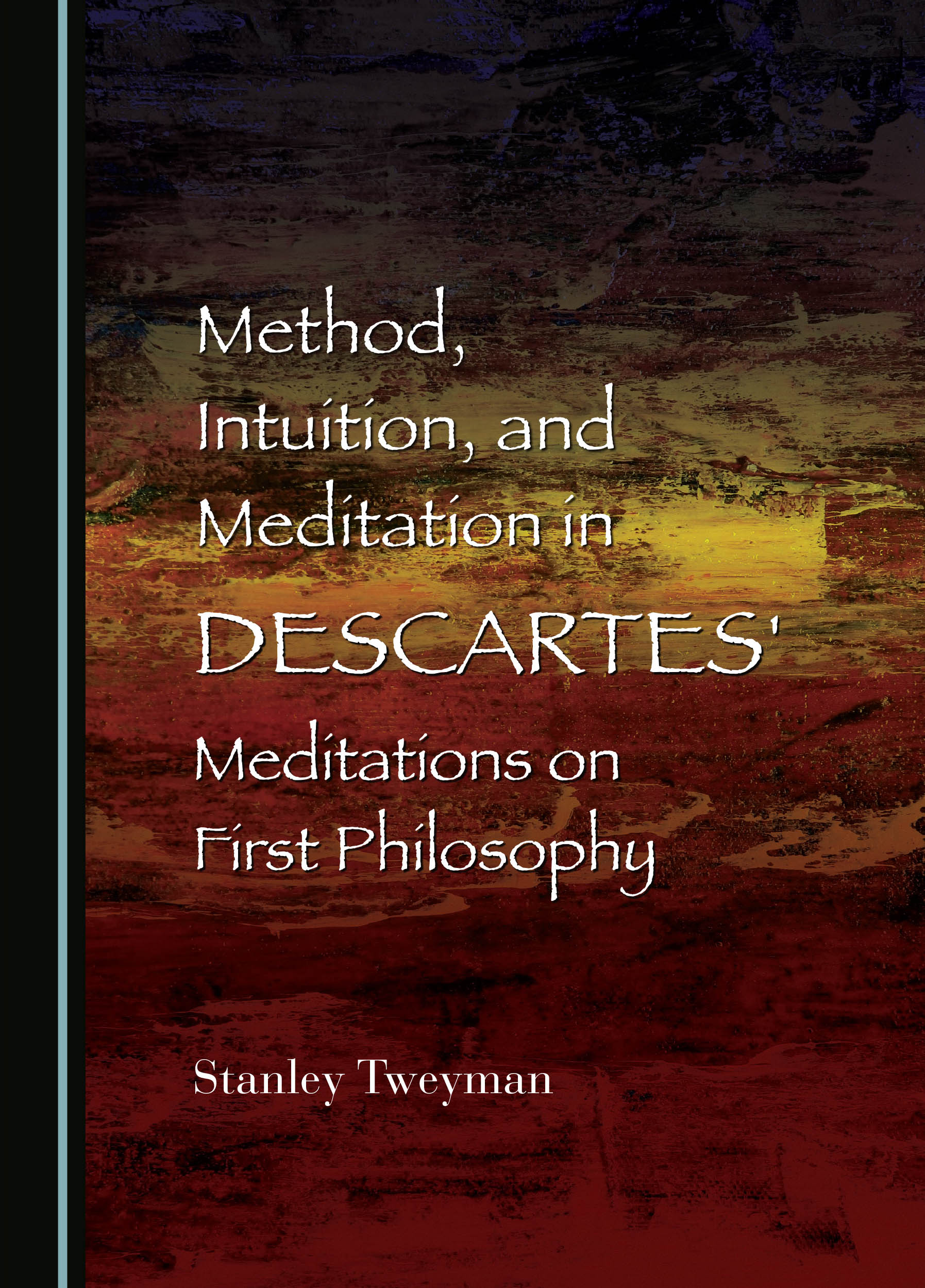Method, Intuition, and Meditation in Descartes' Meditations on First Philosophy
This book deals with Descartes’ efforts in his Meditations to discover the first principles of human knowledge, that is, what must be known before anything else can be known. In order for these principles to be first principles, they cannot be conclusions obtained through deductive reasoning. Further, Descartes insists that these first principles cannot be known through the senses, but only through intuition or meditation, our only cognitive faculties for grasping self-evident first principles. This book provides Descartes’ reasons for rejecting the senses as the source of these first principles, and offers textual support for the role of intuition and meditation in apprehending the first principles of human knowledge. Although the bulk of the book is largely exegetical in nature, the last chapter proceeds more critically to show the failures of Descartes’ approach.
Stanley Tweyman is a University Professor at York University, Canada. He has written and edited a total of 42 books and 57 articles on the philosophies of Rene Descartes, David Hume, and William Wollaston. His main area of academic interest is the history of philosophy during the Enlightenment, with particular emphasis on the philosophies of René Descartes and David Hume. Regarding the philosophy of Descartes, Professor Tweyman’s main focus is on his Meditations on First Philosophy, and the Regulae (Rules for the Direction of the Understanding); in Hume’s philosophy, his main interests are his Dialogues Concerning natural Religion, and Books 1 and 3 of the Treatise of Human Nature; and regarding William Wollaston, he concentrates on his Religion of Nature Delineated.
"Stanley Tweyman’s book is a masterpiece —a detailed and in-depth exploration of one of the most important and influential works in the history of Western philosophy. It offers a novel rendering of the most profound metaphysical ideas that Descartes develops in the first five meditations of the Meditations on First Philosophy. Tweyman does not look at the Meditations in a schematic, piecemeal fashion, nor from a distance through the lenses of later philosophers. His is, rather, a close encounter with the clear and deceptively simple text of the Meditations that attempts to understand it by letting the philosopher speak for himself. In short, Tweyman elucidates Descartes’ metaphysical principles not by imposing foreign thoughts into the text, but by meditating with Descartes, or as he says, by willingly letting himself be guided by the teachings of the Meditations. This work will be of great interest to seasoned scholars and to beginning students of Descartes’ philosophy as well."
Miguel A. Badía Cabrera Professor Emeritus, Department of Philosophy, University of Puerto Rico
Buy This Book























